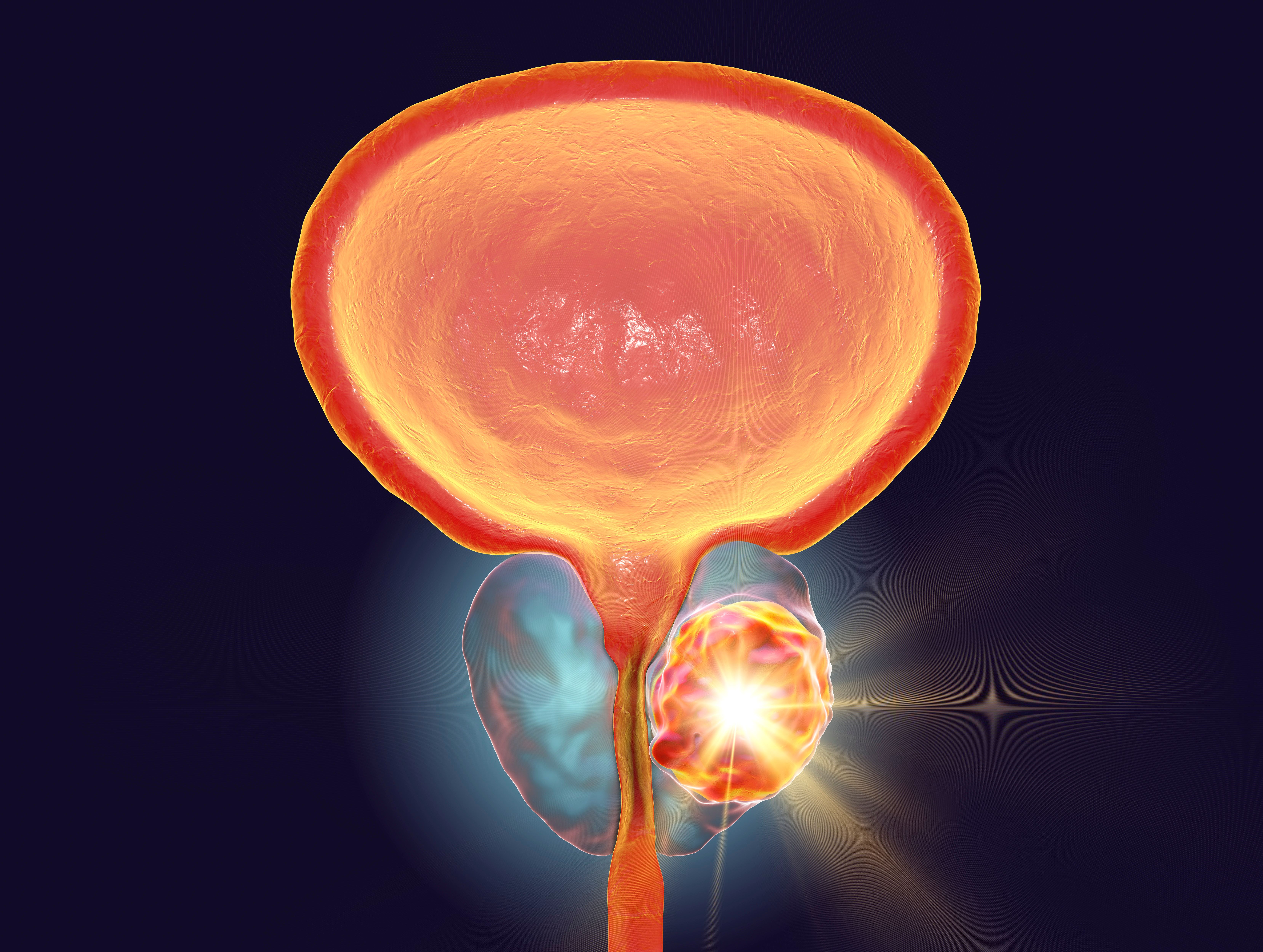Article
Oncology Overview: Omidubicel Stem Cell Therapy Product
Author(s):
Omidubicel is a stem cell-based product that utilizes nicotinamide to inhibit differentiation and to increase the migration, bone marrow homing, and engraftment efficiency of hematopoietic progenitor cells.
Omidubicel is the first bone marrow transplant product to receive breakthrough therapy and orphan drug designation from the FDA.1,2 It is an advanced cell therapy that is currently under development as a potential lifesaving allogenic hematopoietic stem cell transplant solution for patients with various hematologic malignancies.1,2
Omidubicel is a stem cell-based product that utilizes nicotinamide to inhibit differentiation and to increase the migration, bone marrow homing, and engraftment efficiency of hematopoietic progenitor cells.2
In a recent phase 3 study published in the journal Blood, omidubicel achieved its primary endpoint by demonstrating a statistically significant reduction in time to neutrophil engraftment.3,4 This study spanned the course of 3 years and enrolled 125 patients with hematologic malignancies. Patients were randomly assigned to receive either omidubicel or standard umbilical cord blood transplantation (UCBT).
The omidubicel arm showed a median time to neutrophil engraftment of 12 days, with the UCBT arm showing a median time of 22 days. The omidubicel arm was also shown to have faster platelet recovery and a lower incidence of bacterial or fungal infections than the UCBT arm.4
Omidubicel is also being evaluated in treating patients who have sickle cell disease (SCD). A study published in Blood Advances reported the outcomes of a phase 1/2 study consisting of 16 patients suffering from severe SCD.5
Of those 16 patients, 3 received a single omidubicel graft and 13 received omidubicel in combination with an unmanipulated unrelated cord blood graft. Results of this study show that 2 of the 3 patients treated in the standalone omidubicel group experienced sustained engraftment.5
Omidubicel is also currently under evaluation in phase 1/2 clinal trials for patients suffering from severe aplastic anemia. Omidubicel is an investigational therapy and thus dosage, efficacy and safety, and pregnancy and lactation profiles have not been established by the FDA.1,2
Further, a recent health economic and outcome study found improved health equity and outcomes associated with omidubicel in patients with blood cancers in need of a transplant, according to Gamida Cell.6
The researchers used a decision-tree model to project allo-hematocrit (allo-HCT) access and clinical outcomes in a hypothetical population of 10,000 allo-HCT-eligible patients in the United States with hematologic malignancies without an available match-related donor. The study found that broad use of omidubicel would extend access for allo-HCT-eligible patients, decrease time to transplant, and improve clinical outcomes, notably among racial and ethnic groups with worse status quo outcomes.6
The projected increases in 1-year overall survival ranged from 2.5% to white patients to 6.3% for Black patients. The study also concluded that higher levels of modeled omidubicel uptake were associated with greater improvements in clinical outcomes and greater reductions in racial disparities.6
About the Author
Connor Walker, PharmD, is a clinical pharmacist at Yale New Haven Health.
References
1. Omidubicel Fact Sheet. Gamida Cell. Accessed June 1, 2022 https://www.gamida-cell.com/wp-content/uploads/GamidaCell-FactSheet-Omidubicel-071819.pdf
2. Omidubicell (Healthcare Professionals). Gamida Cell. Accessed June 3, 2022. https://www.gamida-cell.com/healthcare-professionals/
3. Omidubicel Press Release. Gamida Cell. Accessed June 3, 2022 https://investors.gamida-cell.com/news-events/press-releases/news-release-details/gamida-cell-announces-omidubicel-secondary-endpoints
4. Horwitz ME, Stiff PJ, Cutler C, et al. Omidubicel vs standard myeloablative umbilical cord blood transplantation: results of a phase 3 randomized study. Blood. 2021;138(16):1429-1440.
5. Parikh S, Brochstein JA, Galamidi E, Schwarzbach A, Kurtzberg J. Allogeneic stem cell transplantation with omidubicel in sickle cell disease. Blood Adv. 2021;5(3):843-852.
6. Gamida Cell Announces Results of New Health Economic and Outcome Study Reporting Improved Health Equity and Health Outcomes With Omidubicel at 2022 Transplantation & Cellular Therapy Meetings of ASTCT and CIBMTR Tandem Meetings. News release. Gamida Cell; April 25, 2022. https://investors.gamida-cell.com/news-events/press-releases/news-release-details/gamida-cell-announces-results-new-health-economic
Newsletter
Stay informed on drug updates, treatment guidelines, and pharmacy practice trends—subscribe to Pharmacy Times for weekly clinical insights.





